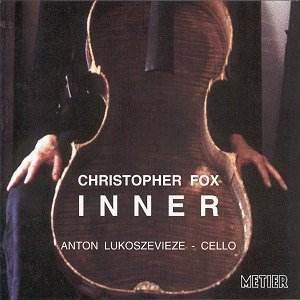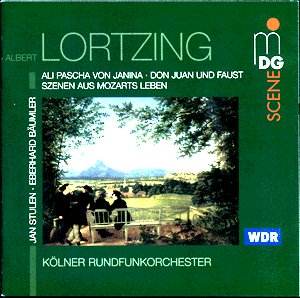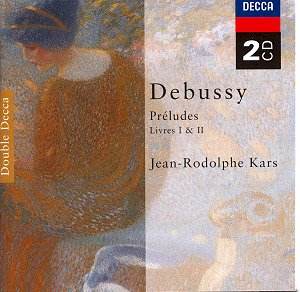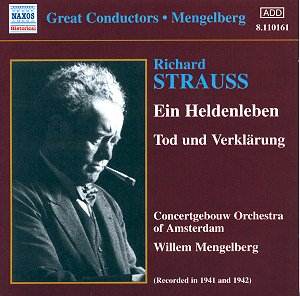 Composer: Christopher Fox
Composer: Christopher Fox
Works: Straight Lines in Broken Times³, chant suspendu, Generic Compositions #3, #4, and #5, inner
Performers: Anton Lukoszevieze, cello
Recording: Recorded in The Early Music Centre, York, 20-21 April 2001 DDD
Label: Metier MSV CD92059
Christopher Fox, a prominent figure in contemporary British music, often eludes strict categorization, as evidenced by the four works featured on this release. Composed between 1991 and 1999, these pieces showcase a profound engagement with the cello’s capabilities through both traditional and extended techniques. The juxtaposition of complex structures with minimalist aesthetics invites listeners to reconsider preconceived notions of modern composition, compelling them to navigate the intricate soundscapes that Fox meticulously constructs.
The disc opens with “chant suspendu,” a piece that stands as one of Fox’s most challenging works, originally composed for cello and piano but here reimagined through a computer-generated drone. This transformation strips away the piano, leaving the cello to interact with a pulsating, electronic backdrop that evokes an almost ritualistic atmosphere. The dense textures and microtonal nuances demand expert technical control, which Anton Lukoszevieze provides with remarkable dexterity. His performance captures the stark contrasts between the cello’s lyrical expressions and the mechanical, yet organic, qualities of the electronic component. The recording quality is superb, with the spatial dynamics of the Early Music Centre enhancing the work’s inherent tension and depth.
“Straight Lines in Broken Times³” continues this exploration, focusing on the cello’s retuned scalic possibilities. Fox’s decision to use intervals of three-quarters of a tone allows for unexpected modulations that challenge the listener’s expectations. Lukoszevieze deftly navigates these complex pitch relationships, creating a sound world that oscillates between harmonic clarity and dissonant complexity. The work’s structure, which hinges on repetition, lends an intriguing hypnotic quality that is both unsettling and alluring. Here, the engineering quality of the recording shines, capturing the subtle variations in timbre as the cello interacts with the retuned landscape.
The “Generic Compositions” series—composed for flexible instrumentation—demonstrates Fox’s innovative approach to texture and sonority. Each composition explores different articulations: plucked in #3, bowed in #4, and sliding in #5. The performances are imbued with a sense of spontaneity, allowing the listener to appreciate how Fox’s compositional framework provides a platform for individual expression. This flexibility in instrumentation is a testament to the composer’s understanding of the cello’s versatile nature, further enhanced by Lukoszevieze’s commitment to exploring its full range of capabilities.
The work “inner,” a substantial forty-five-minute piece, epitomizes Fox’s fascination with the relationship between performer and audience. Divided into thirty sections, it is a journey that demands patience and concentration from both the performer and the listener. Lukoszevieze’s interpretation is both thoughtful and nuanced, skillfully navigating the intricate pathways laid out by Fox’s score. The recorded sound quality captures the subtleties of his playing, allowing for an immersive listening experience that reveals new layers with each encounter.
The release not only provides insight into Christopher Fox’s unique compositional voice but also serves as a significant contribution to contemporary cello repertoire. Lukoszevieze emerges as an eloquent advocate for Fox’s work, his performances reflecting a deep understanding of the music’s complexities. Metier has once again succeeded in bringing forward the intricacies of contemporary composition, offering a recording that is as intellectually stimulating as it is sonically engaging. This collection will undoubtedly resonate with those prepared to delve deeply into the evolving landscape of modern classical music.



